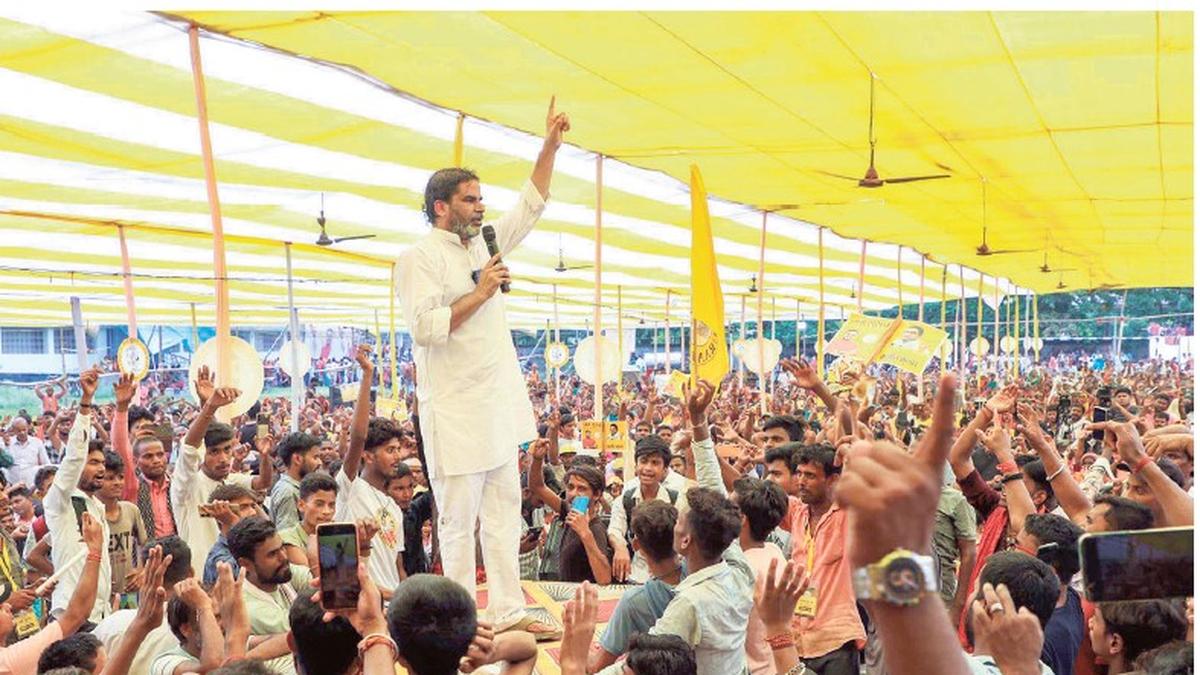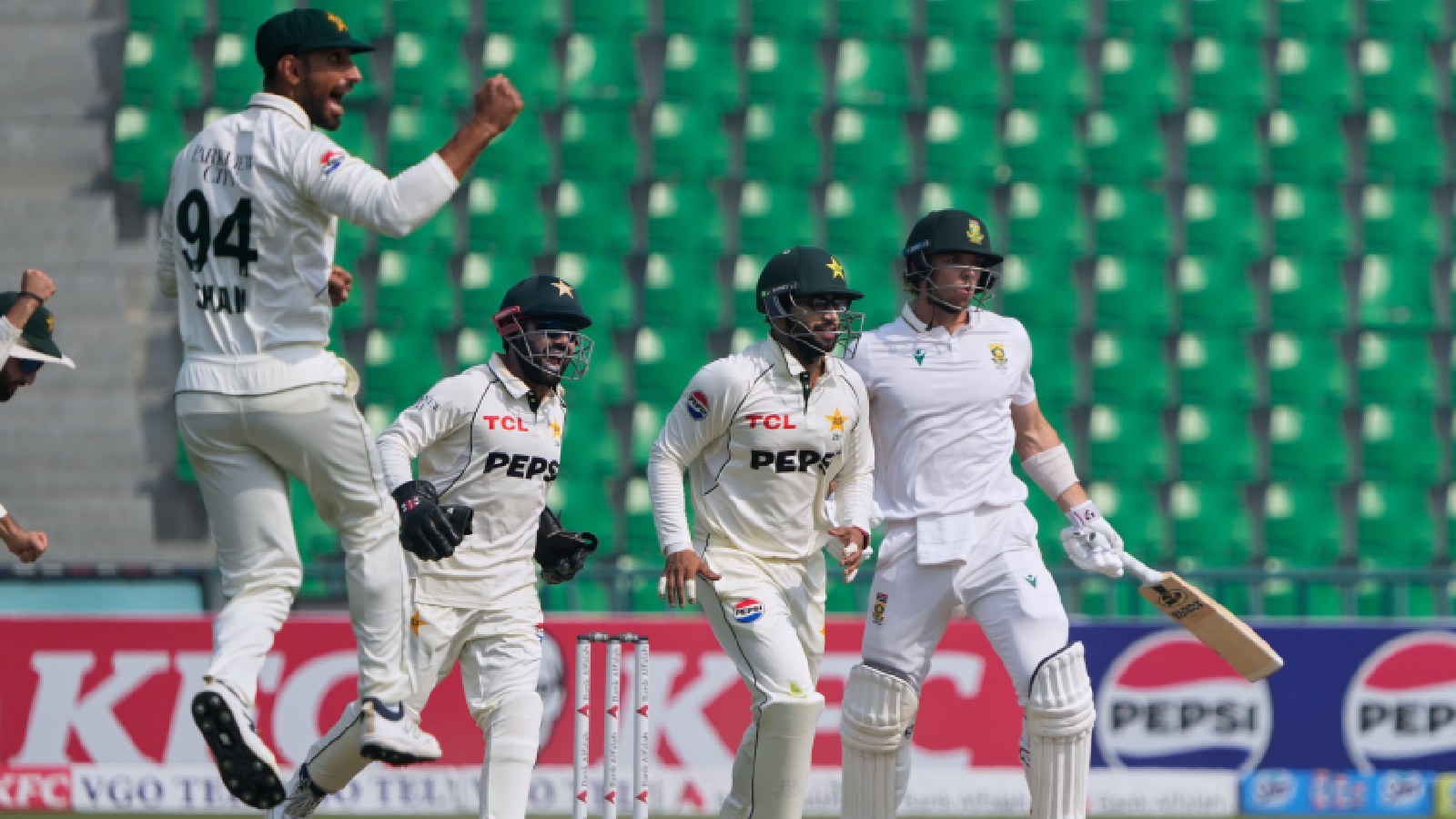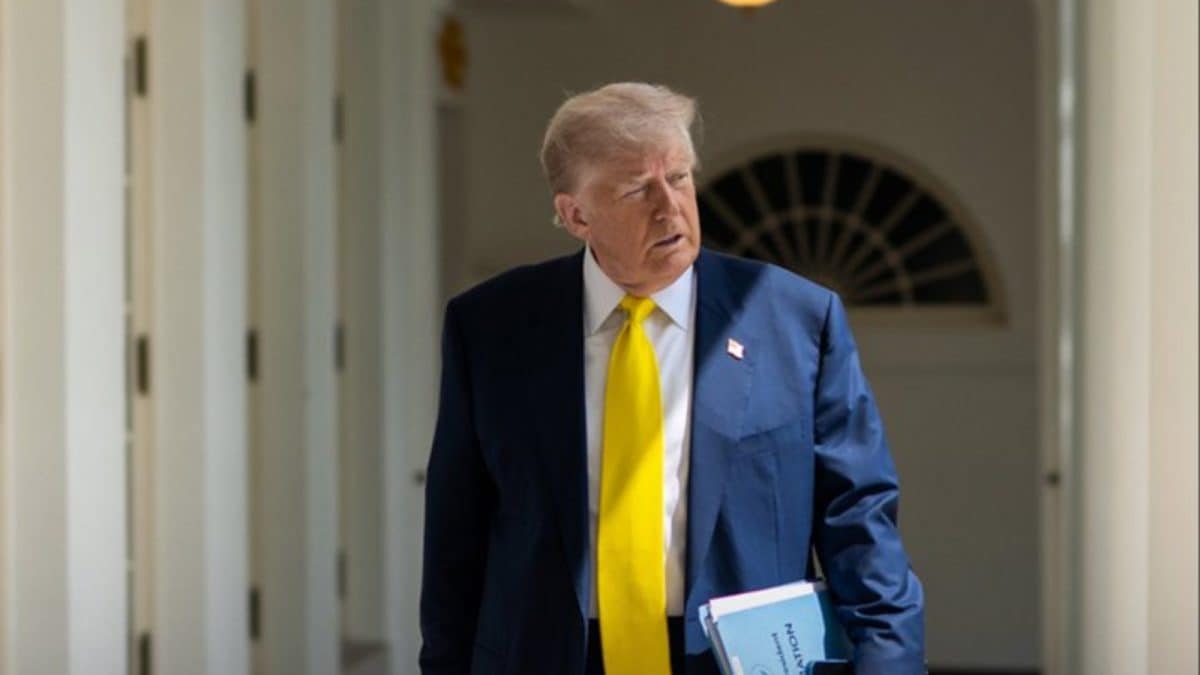ARTICLE AD BOX
Last Updated:October 27, 2025, 20:15 IST
Maharaja Hari Singh sought Kashmir's independence in 1947, but Pakistan's invasion forced accession to India, sparking the enduring Kashmir dispute and the first India-Pakistan war

Maharaja Hari Singh wanted Kashmir to remain independent. (News18 Hindi)
In the turbulent months following the partition in 1947, Maharaja Hari Singh of Jammu and Kashmir remained steadfast in his decision to keep the princely state independent. Despite mounting pressure from both India and Pakistan, he refused to accede to either side. Historians and official records recount that if the Maharaja had chosen to join India in August 1947, Pakistan may not have found the opportunity to launch its offensive, and perhaps the Kashmir dispute would not have endured for decades.
At the time of independence, 565 princely states were asked to join India, Pakistan, or remain independent. Jammu and Kashmir, with nearly 77% Muslim population ruled by a Hindu Dogra monarch, stood at the crossroads, geographically linked to both dominions and politically divided within.
Sources from the period reveal that Maharaja Hari Singh was determined to keep Kashmir independent. In his book Integration of the Indian States (1956), VP Menon, advisor to Sardar Vallabhbhai Patel, noted that the Maharaja believed he could preserve sovereignty by balancing relations with both India and Pakistan. Maulana Abul Kalam Azad, in India Wins Freedom (1959), wrote that Hari Singh envisioned Kashmir as the “Switzerland of the East", a neutral, prosperous, and strategically vital state, friendly to both neighbours but beholden to none.
British historian Alastair Lamb, in Kashmir: A Disputed Legacy (1991), stated that Hari Singh was convinced that independence was the best way to safeguard his authority and the state’s unique character.
The Maharaja’s hesitation to join India also stemmed from internal political dynamics. Sheikh Abdullah, leader of the National Conference, enjoyed wide public support and was close to the Indian National Congress (INC). According to Menon and Lord Mountbatten’s correspondence, Hari Singh feared that accession to India would empower Sheikh Abdullah, ultimately costing him his crown.
As a Hindu ruler of a Muslim-majority state, he also feared being branded communal if he aligned with India. Joseph Korbel, former UN official, wrote in Danger in Kashmir (1954) that Hari Singh believed Pakistan would accuse him of forcibly merging a Muslim-majority territory with India.
On 15 August 1947, Hari Singh proposed a Standstill Agreement to both dominions to maintain existing arrangements in communication, trade, and supplies until a final decision was made. Pakistan accepted immediately; India asked for further details.
Under the agreement:
- Postal and telegraph services continued via Pakistan,
- Road and rail connectivity through Pakistan’s Punjab remained open,
- Essential supplies such as petrol and food were to flow uninterrupted,
- Neither country was permitted to interfere in Kashmir’s political status.
However, by September 1947, Pakistan began violating the agreement, disrupting postal services and imposing an economic blockade by stopping fuel and essential supplies. Events escalated dramatically on 22 October 1947, when tribal militias, backed by Pakistani forces, invaded Kashmir.
The J&K government’s 1948 White Paper and Menon’s writings asserted that Pakistan used the Standstill Agreement to prepare for and facilitate this invasion.
First India-Pakistan War in 1947-48
With Srinagar under imminent threat, the Maharaja fled to Jammu and appealed to India for military assistance. India’s response was clear, that help would follow only after legal accession. On 26 October 1947, Maharaja Hari Singh signed the Instrument of Accession, formally joining India.
The next morning, 27 October, Indian Air Force aircraft landed in Srinagar carrying troops of the Sikh Regiment. They successfully defended the capital and halted the tribal advance towards Baramulla, marking the beginning of the first India-Pakistan war of 1947-48.
Historians describe Hari Singh as an ambitious yet indecisive ruler. His belief that neutrality would compel India and Pakistan to court friendship instead led to isolation and invasion. By the time he acceded to India, the seeds of conflict had already taken root, shaping the Kashmir dispute that continues to define the subcontinent’s geopolitical landscape.
Location :
Jammu and Kashmir, India, India
First Published:
October 27, 2025, 20:15 IST
News india Why Kashmir's Maharaja Hari Singh Did Not Want To Join India In 1947
Disclaimer: Comments reflect users’ views, not News18’s. Please keep discussions respectful and constructive. Abusive, defamatory, or illegal comments will be removed. News18 may disable any comment at its discretion. By posting, you agree to our Terms of Use and Privacy Policy.
Read More

 2 hours ago
3
2 hours ago
3








 English (US) ·
English (US) ·